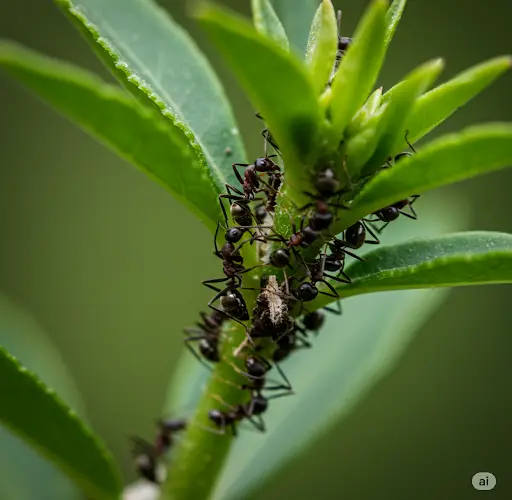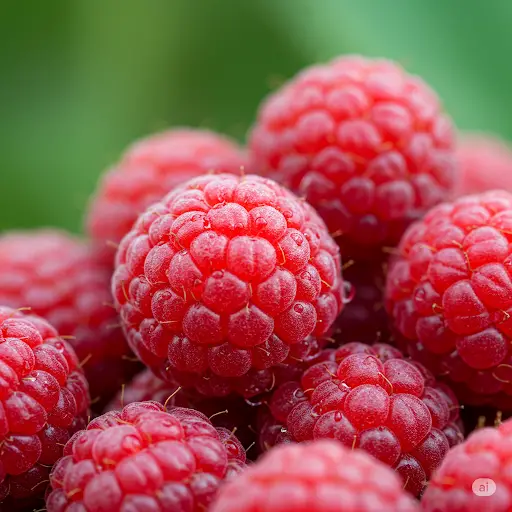Ants are among the most common household pests, often invading kitchens, pantries, and even outdoor spaces. While they play an important role in nature, inside the home they can be a nuisance, contaminating food and creating unwanted trails. Fortunately, you don’t need expensive chemicals or professional exterminators to get rid of ants. With simple, budget-friendly DIY methods, you can keep your home ant-free quickly and effectively.
This guide covers proven homemade solutions, prevention tips, and natural remedies to maintain a pest-free environment.
Why Ants Invade Your Home
Ants enter homes mainly searching for food, water, and shelter. Sweet residues, crumbs, and pet food are particularly attractive. Once they find a food source, ants leave a chemical trail for others to follow, resulting in a steady stream of visitors.
Other factors encouraging ants indoors include:
-
Moisture leaks or damp areas
-
Cracks and openings in walls or foundations
-
Nearby outdoor ant colonies
Understanding why ants come indoors is key to controlling and preventing infestations.
Quick and Cheap DIY Ant Remedies
1. Vinegar Spray
Vinegar disrupts ants’ scent trails, confusing them and preventing follow-up visits.
-
Mix equal parts white vinegar and water in a spray bottle.
-
Spray along ant trails, entry points, windowsills, and kitchen counters.
-
Repeat daily until ants disappear.
Vinegar is safe, non-toxic, and leaves a fresh scent.
2. Lemon Juice Barrier
Lemon juice’s acidity masks scent trails and repels ants naturally.
-
Squeeze fresh lemon juice around door thresholds, window frames, and any cracks.
-
Wipe surfaces clean before application to remove existing trails.
-
Reapply every few days for best results.
Lemon also acts as a mild disinfectant.
3. Baking Soda and Powdered Sugar
This simple homemade bait exploits ants’ love for sugar but poisons the colony.
-
Mix equal parts baking soda and powdered sugar.
-
Place the mixture in shallow containers near ant trails.
-
Ants carry the bait back to their nest, effectively reducing the colony.
Use caution if you have pets, and place baits out of reach.
4. Diatomaceous Earth (Food Grade)
Diatomaceous earth is a natural powder that dehydrates insects by damaging their exoskeleton.
-
Sprinkle a thin line of food-grade diatomaceous earth along baseboards, under appliances, and near entry points.
-
Avoid inhaling the powder and keep it dry for effectiveness.
-
Reapply after cleaning or rain.
It’s safe for humans and pets and works mechanically rather than chemically.
5. Essential Oils
Certain essential oils repel ants due to their strong scents.
-
Mix 10-15 drops of peppermint, tea tree, eucalyptus, or citrus oils with water in a spray bottle.
-
Spray around windows, doors, and entry points.
-
Alternatively, soak cotton balls in oils and place them near ant activity zones.
This natural solution also leaves a pleasant aroma indoors.
Prevention Tips to Keep Ants Away
-
Seal Entry Points: Use caulk or weather stripping to close cracks and gaps in walls, windows, and doors.
-
Maintain Cleanliness: Wipe counters, sweep floors, and clean spills immediately. Store food in sealed containers.
-
Manage Moisture: Fix leaks, use dehumidifiers, and avoid standing water.
-
Regular Inspection: Check around windows, doors, and baseboards frequently for signs of ants or new trails.
-
Outdoor Maintenance: Keep shrubs and tree branches trimmed away from the house and remove debris that can harbor ants.
When to Call a Professional
Most ant infestations respond well to DIY treatments. However, if you notice large colonies, persistent ant problems despite treatment, or specialized species like carpenter ants causing damage, consulting a pest control professional is advisable.
Final Thoughts
Controlling ants doesn’t require costly chemicals or complex methods. With simple, affordable household ingredients and a consistent approach, you can keep your home ant-free year-round. Start by identifying and eliminating food sources and entry points, then apply these natural remedies to break up ant trails and eradicate colonies.
By combining prevention and DIY treatments, you protect your home and maintain a healthy, pest-free living space naturally and economically.



